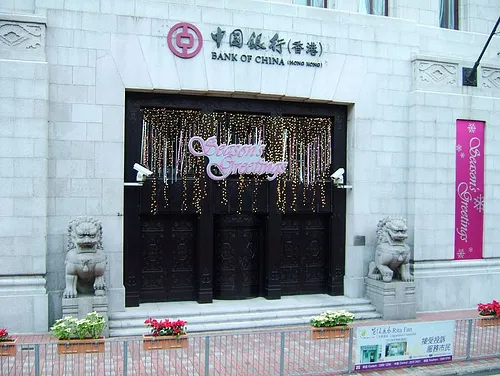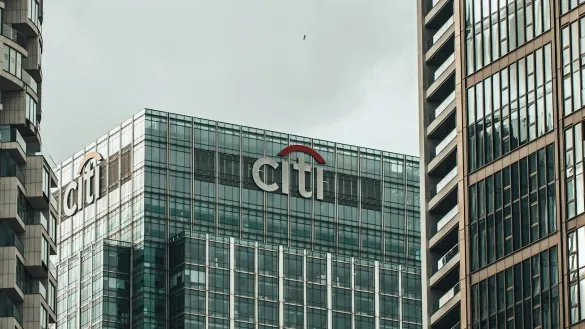
Why analysts believe BOCHK is vulnerable to liquidity tightness
If tapering indeed ensues.
According to Barclays, BOCHK is less defensive to liquidity tightness in the event of tapering, in our view, and is not as positively leveraged to US benchmark interest rates normalization compared to its large bank peers.
BOCHK is also susceptible to commercial property revaluation losses. However, it remains a leader in the RMB business, is well capitalized, and offers an attractive dividend yield of 5.7% for 2014E.
Here's more from Barclays:
Key upside risks: 1) stronger-than-expected growth in CNH deployment and positive regulatory developments; and 2) a delay in a rise in credit costs.
Key downside risks: 1) a sharper-than-expected rise in funding cost, as QE tapering drives fund outflows; and 2) larger-than-expected downward commercial property revaluations.



















 Advertise
Advertise













